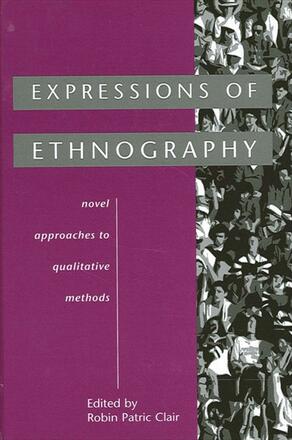
Expressions of Ethnography
Novel Approaches to Qualitative Methods
Alternative formats available from:
A different approach to contemporary ethnography, embracing the idea that alternative genres may be used to express cultural experience.
Description
Expressions of Ethnography embraces the idea that alternative genres may be used to express culture. Using examples of a wide variety of cultural phenomena, contemporary ways to practice ethnography, and novel forms of expressing the cultural experience, the book offers an eclectic mix of short stories, novels, and poetry, as well as traditional scholarly reports of poignant, provocative, and powerful cultural phenomena. Included are accounts of recovery following the terrorist attacks of 9/11, life as a prison guard, surviving child abuse and coping via an eating disorder, dealing with disabilities, living the gay life, birthing babies, as well as searching for birth mothers. Special attention is given to dialogue, from dialogue with families and friends to American ethnographers interviewing Thai managers.
Robin Patric Clair is Associate Professor of Communication at Purdue University. She is the author of Organizing Silence: A World of Possibilities, also published by SUNY Press and winner of the National Communication Association Organizational Communication Division's Outstanding Book of the Year (2000).